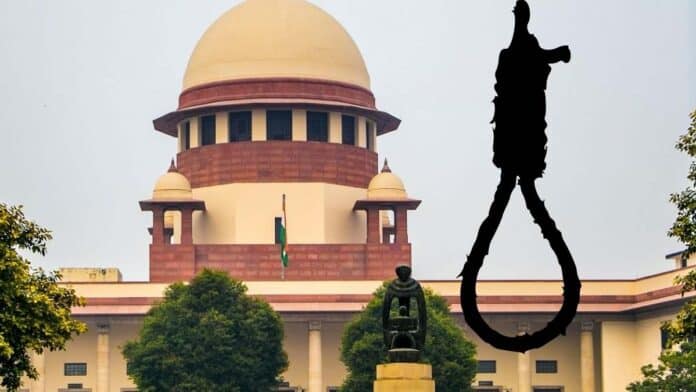The Supreme Court of India has acquitted Karandeep Sharma @ Razia @ Raju, who was convicted and sentenced to death by the Fast Track Court at Rudrapur, Uttarakhand, for the rape and murder of a minor girl, citing serious lapses in the trial, including illegal reliance on a confession and deficiencies in DNA evidence. The
To Read More Please Subscribe to VIP Membership for Unlimited Access to All the Articles, Download Available Copies of Judgments/Order, Acess to Central/State Bare Acts, Advertisement Free Content, Access to More than 4000 Legal Drafts( Readymade Editable Formats of Suits, Petitions, Writs, Legal Notices, Divorce Petitions, 138 Notices, Bail Applications etc.) in Hindi and English.




